Resignation Letter Submission: What happens after?
The moment you submit your resignation letter is often a significant turning point in your professional life. It can be a mix of emotions – relief, excitement, nervousness, and even sadness. But what exactly happens after you’ve made the decision to leave your current job? In this blog, we’ll guide you through the typical sequence of events and what you can expect after submitting a resignation letter.
-
Confirmation and Acknowledgment
After submitting your resignation letter, your immediate supervisor or HR department will typically acknowledge receipt of your letter. This acknowledgment is an essential step in the process, as it marks the official start of your notice period.
-
Notice Period
Your notice period, as outlined in your employment contract or company policies, will commence upon submitting your resignation. During this period, you’re expected to fulfill your duties, wrap up projects, and facilitate a smooth transition for your team. It’s crucial to maintain professionalism and engagement during this time.
-
Transition Planning
As your notice period progresses, you’ll work on a transition plan. This plan involves identifying your ongoing tasks and responsibilities, delegating them to colleagues, and documenting processes. Effective transition planning ensures that your departure won’t disrupt the workflow and that your team can manage without any hiccups.
-
Exit Interviews
Many companies conduct exit interviews as part of their offboarding process. This is an opportunity for you to provide feedback on your experience at the company, what worked well, and areas that could be improved. It’s a chance to leave constructive insights that may benefit the organization and future employees.
-
Return of Company Property
You’ll be required to return any company property in your possession, such as laptops, access cards, keys, and any other equipment. Make sure to complete this task promptly to avoid any complications.
-
Final Pay and Benefits
During your notice period, you’ll continue to receive your regular salary and benefits. Your final paycheck, which may include any unused vacation days or accrued benefits, will be processed after your last working day.
-
References and Networking
Maintain positive relationships with your colleagues and supervisors during your notice period. These relationships can be valuable for future networking and references. A good impression upon departure can open doors for you in the future.
-
Handover and Documentation
Complete the handover process by ensuring that your replacement or colleagues have all the information they need. Document essential procedures, contacts, and other details that will help your team in your absence.
-
Clear Communication
Clear and honest communication is key during this time. If you encounter any issues or have questions about the transition, discuss them with your supervisor or HR department. Transparency helps resolve concerns and ensures a smooth departure.
-
Embrace the Future
Finally, use this time to reflect on your career goals and the opportunities ahead. Your resignation marks the beginning of a new chapter. Embrace the future with optimism, and be open to the possibilities that lie ahead in your professional journey.
What happens after submitting a resignation letter is a structured process that includes acknowledging your notice period, fulfilling your duties, and transitioning responsibilities to your colleagues. It’s a time for professionalism, effective communication, and a focus on leaving a positive impression as you move on to the next phase of your career. Remember, the way you handle this phase can impact your reputation and future career opportunities, so approach it with care and attention.
FAQ’s
- How long is the typical notice period, and can it be negotiated?
The length of the notice period varies depending on your employment contract and company policies. It’s often two weeks, but it can be longer. In some cases, it may be negotiable, but it depends on your employer’s willingness to accommodate changes.
2. Can I change my mind after submitting a resignation letter?
While it’s possible to change your mind, it can be complex. It depends on your employer’s policies and their willingness to consider it. Be prepared for discussions and negotiations if you decide to retract your resignation.
3. What happens to my unused vacation days or accrued benefits upon resignation?
Unused vacation days and accrued benefits are typically paid out in your final paycheck, as per company policies. Check with HR to understand how this will be handled in your specific case.
Join DEIjobs and Exhibit your Top Jobs! Register NOW!
Join DEIjobs to connect with a diverse talent pool, including candidates with disabilities, women, LGBTQ+ candidates, war veterans, and women on a career break.





